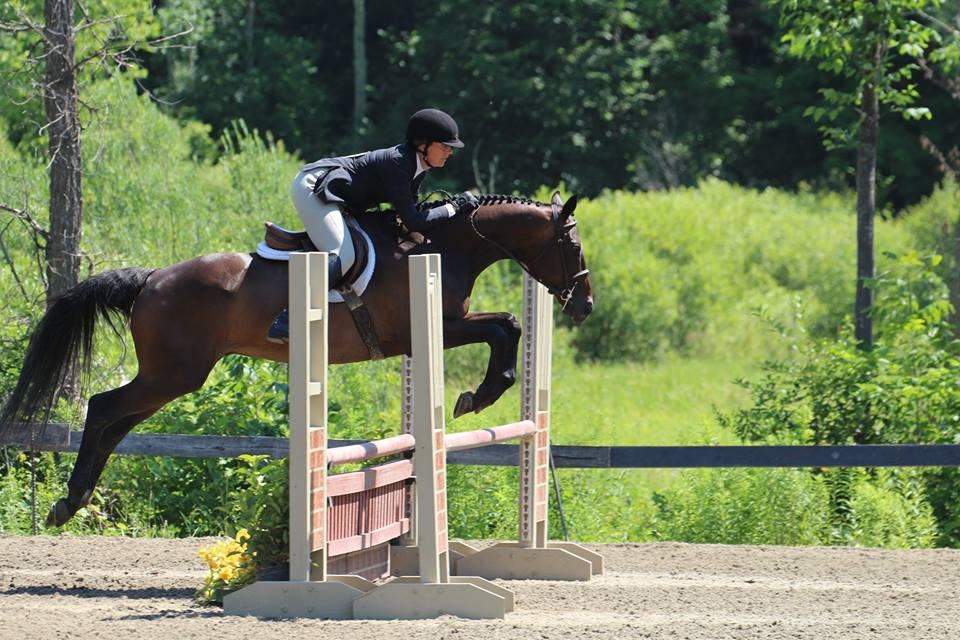Prioritizing the Well-Being of Horses
As Jay Busbee wrote, “Horse racing is in the spotlight for all the wrong reasons, again.” Seven horses died ahead of this year’s Kentucky Derby. Many will be upset about this for a short time after, but then it may quickly go under the radar again until we see it happen the next time. Additionally, The Washington Post reported military horses at Arlington Cemetery are taking a 45-day health break due to “concerns about their health.” These are just two stories in the past few days that shed light on the overuse of horses and the detrimental health impacts these events can have on them overtime.
Aviva Vincent, Ph.D, an assistant teaching professor at Syracuse University’s Falk College who studies veterinary social work, says we need to do prioritize the well-being of horses. Please see her comments below. If you’d like to schedule an interview with her, please reach out to Vanessa Marquette, media relations specialist, at vrmarque@syr.edu.

Professor Vincent writes: “Yes, there should be outrage about the equine deaths. And, equestrians should be questioning the humane and welfare considerations for competing at elite levels.
The tragedies that have occurred at Churchill Downs leading up to the race is not unique to racing, or unfortunately, equestrian sports. Too often the public learns about post-mortem tragedies of horses competing at the most elite level of competition. Yes, this season death was on the race track, but we learned of equine deaths during the last Olympics (eventing) and other widely viewed, elite competitions.
Riding horses, physically getting on their back, goes against the very nature of their prey instinct. And yet, horses and humans have found a unique way to achieve partnership and connection. In this regard, the core attributes of a successful, bi-directional interspecies relationship are trust, respect, and acceptance. Equine welfare is at the core of understanding the bond between humans and animals. There should be a bond, especially in high-stakes competition. Riders, therefore, have a responsibility to their horses to ensure that the work they do is harmonious, promoting physical and mental relaxation of the horse. This is achieved through trust and respect for the rider by the horse, and a rider’s attitude of an empathetic leader and partner who does not hinder the horse physically or mentally.
This is not to say that trust, respect, and love were not present between the rider and horse in each tragedy. But, at what point does trust, respect, and love reshape the desire to compete at such extremes, or change the expectations of competition (i.e., those beyond the rider engaged in the sport- owners, trainers, course developers, investors…). Perhaps there is space to reposition the value of the horse on love and life, rather than a vehicle for competition.
Yes, I too am angry. But I am not surprised. The horse needs to be an equal competitor, not just a vehicle in competition. Then we can prioritize welfare in sport.”

